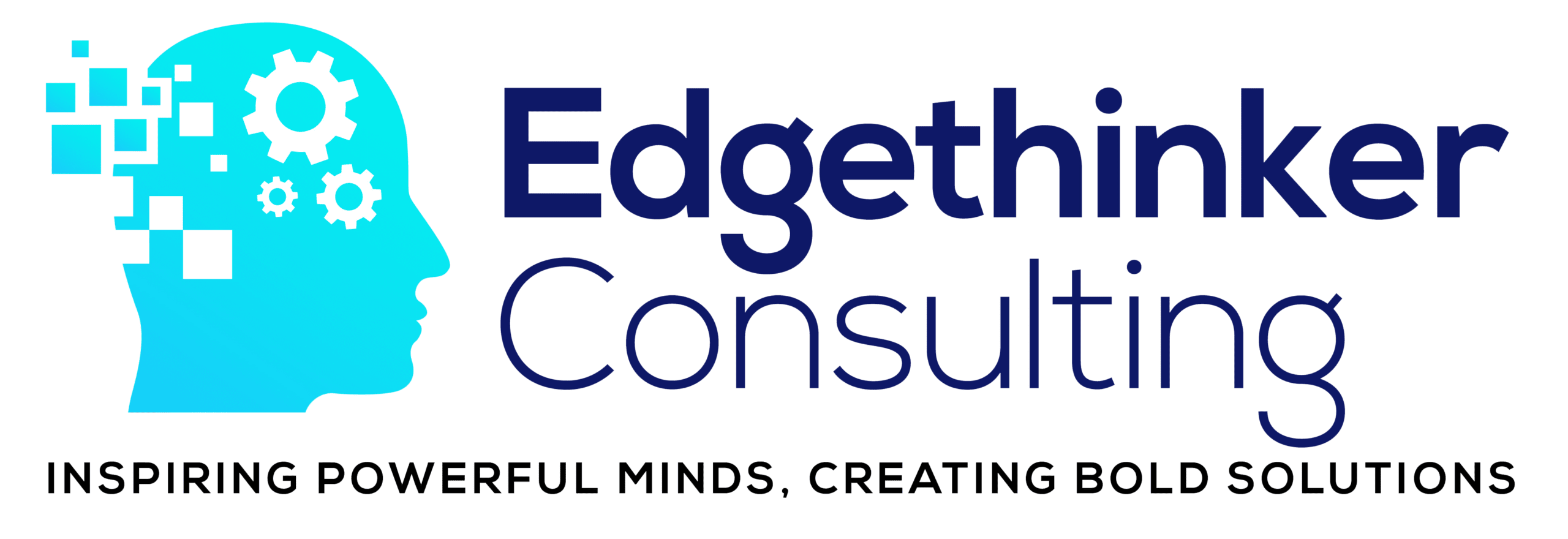“Operations keeps the lights on, Strategy provides a light at end of the tunnel, but project management is the train engine that moves the organization forward”
- Woody Williams
As I write this article, the world is slowly but steadily coming out of the grip of COVID-19, a global pandemic. This pandemic has not only stretched the fundamental fabric of our society, but it has also shed a spotlight on the economy, highlighting enterprises (and business models) that must alter or perish. To say that this is an exciting moment to live is an understatement. Change is speeding, piling on itself and causing even more change to occur at a quicker rate. As we can see, change is not linear.
Businesses we have relied on for decades are discovering new ways to make ends meet, prosper, or go bankrupt as a result of the evolution of technology and fast evolving customer behaviour and needs. Organizations must be nimble and fast to change in our rapidly developing and highly competitive world to manage the effect of disruptive technology. To preserve longevity and avoid future disruption caused by pandemics like as Covid-19, they must reinvent themselves by making bold strategic choices such as leveraging current business models or exploring new business models, or both. Whatever strategy choice a firm chooses, it must engage in either Frontstage Disruption (a dramatic shift in who is targeted as a customer and how value is given) or Backstage Disruption (a shift in how value is produced) or Profit Formula Disruption (A radical change in how profits are made in terms of revenues and costs). Businesses that implement these strategic improvements will reduce their risks, lower expenses, enhance their speed to market, and provide more value to their consumers.
Since these changes are of strategic in nature it can’t be accomplished by mundane approach. Many organizations have learned that project teams are best equipped to handle these shifts. While business strategy is still critical to success, interdisciplinary teams that perfectly execute the plan to reach the strategic goal are as important. The typical Project Manager’s administrative job has grown to include that of a strategic adviser, inventor, communicator, big thinker, and adaptable manager, reflecting the enlarged and crucial role these professionals play in managing through upheaval. Project teams and project managers are becoming ever more important as firms understand that strategy is executed through projects and programmes, and as disruptive technology liberates them from tedious routines, allowing them to innovate more. This has paved the way for the so-called Project Economy.
To flourish in Disruptive Times, companies and people alike will need to embrace a broad range of competences and approaches, as well as a variety of tools and processes. This presents both obstacles and possibilities for the project management profession and for those who manage projects. More significantly, enterprising professionals should think about what they can do ahead of time to be ready to surf the wave! Let us look at a few significant project management trends that are already making an impact in this new professional reality:
Trend #1: Increased application of Artificial Intelligence and Robotic Process Automation (RPA)
The deployment of AI within projects, more than any other new technology being adopted by project management teams, will dramatically transform project delivery. “I can see project team members calling up Siri or Alexa on their mobile phones and orally logging their daily progress reports in the next three to five years,” says Stephen Townsend, director of network initiatives at the Project Management Institute (PMI). “And, when project team members are away, an AI engine will evaluate all of their reports and deliver real-time progress updates.” Organizations have already embraced larger-scale AI adoption to ensure successful project completion in a variety of ways, including:
• Generating performance insights
• Supporting decision-making processes
• Making estimates and predictions
• Optimising resource scheduling
• Enabling data visualisation
• Performing risk analysis
Automation, according to Thilo Huellmann, Chief Technology Officer of Levity.ai, holds enormous promise. “By automating low-value-add processes, project managers may direct their attention and energy onto tasks that will most significantly benefit their organisation, allowing them to effect greater change and improving the likelihood of each project meeting its strategic goals.”
Trend #2: Adoption of Customized or Hybrid Project Management Approaches and Methodologies
In order to adapt quickly changing project contexts, there has been a renewed effort to create a dependable, efficient, and flexible technique for project success. To that purpose, businesses have begun to experiment with a hybrid approach that combines aspects from two or more approaches. It is no longer only about waterfall, agile, scrum, or lean, but about combining certain traits for improved flexibility in project success. This has enabled firms to develop distinctive approaches to certain industry and initiatives.
Trend #3: Emotional Intelligence will be a Differentiator
While organisational and analytical abilities are required for project managers, emotional intelligence has become increasingly important in recent years. According to the World Economic Forum’s Future of Jobs study, employers across industries are increasingly looking for people with emotional intelligence and other social skills. This is important for project managers since their work entails knowing many personalities. To successfully lead projects, they must effectively manage their people, and in order to do so, they must first understand those individuals. Because of another project management trend: the increase of remote working, the ability to connect and empathise with people has become even more crucial.
Trend #4: Increasing Emphasis on Soft Skills
Traditionally, the value of project managers was determined by their certificates and ability to execute various approaches. On the technical side, project managers are more likely to be involved in projects that incorporate or in some way touch AI-related technologies (e.g., robotics, blockchain, data science, machine learning, and so on); as a result, they will need to acquire some basic fundamental knowledge base in these areas.
However, as projects become more complicated and interrelated, project managers will be required to engage with (and ultimately satisfy) larger sets of stakeholders. As a result, soft skills will become increasingly vital for project success. Project managers must increasingly focus on and improve their soft skills in areas such as conflict resolution, stakeholder involvement, negotiation, mentoring and training, decision-making, and team building. Practicing these abilities will enable project managers to add greater value to their business. “Mastering the triple constraint (Time, Cost, and Scope) will no longer be adequate,” said Dr. Michael O’Connor, Director, Strategy and Project Management at Medtronic Corporate Science & Technology. Future project managers will need to be multifaceted and multi-skilled.”
We often use ‘trend’ as shorthand for the prediction of smooth progression. But the problem with trends is that you might not notice they are happening because The Future is Faster than we Think. Think about it this way: In 2006, retail was booming. Sears was worth $14.3 billion, Target $38.2 billion, and Walmart a whopping $158 billion. Meanwhile, an upstart retailer named Amazon was at $17.5 billion. Now fast-forward a decade. What’s changed?
Main Street has been hit hard. Sears has lost 94% of its value by 2017, concluding the decade with $0.9 billion before going out of business. Target outperformed, concluding at $55 billion. Walmart fared the best, increasing to $243.9 billion. But what about Amazon? The Everything Store marked the end of an era worth $700 billion (as of January 14, 2022, it is worth $1644.56 billion). And it’s reasonable to assume that our lives have changed as a result. But all Amazon did to alter our lives was to apply a new technology, the internet, to an old technique, mail-order catalogues.
Over the next decade, the acceleration and convergence of exponential technologies will profoundly transform every sector and society. Many of us just keep doing our work, not seeing the world moving beneath our feet….until it’s too late.
Leaders and aspiring professionals must understand how the world around them influences the job they perform today, and how to plan to capitalize on those trends in the future. One of the way to do that is to follow the OODA loop (Observe, Orient, Decide, Act) developed in the mid-20th century by the military strategist, US Air Force Colonel John Boyd to train solders to make time-sensitive decisions rapidly when there may not be time to gather all the information. This is a four-step approach to decision-making that focuses on filtering available information, contextualising it and quickly making the most appropriate decision for action while also understanding that changes can be made as more data becomes available.


